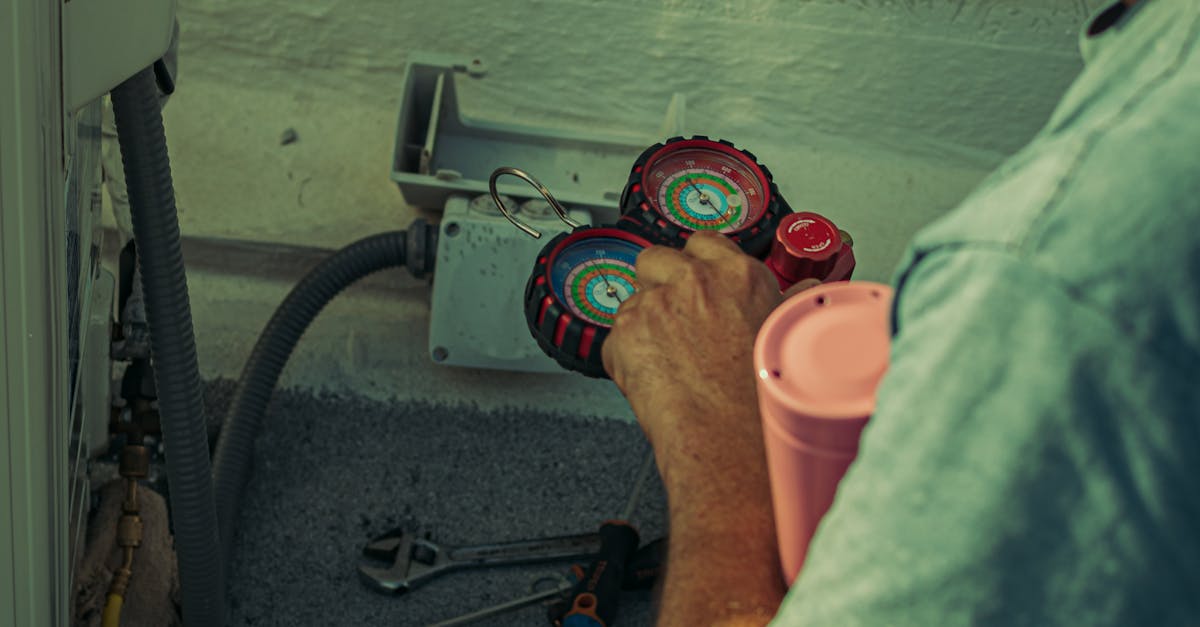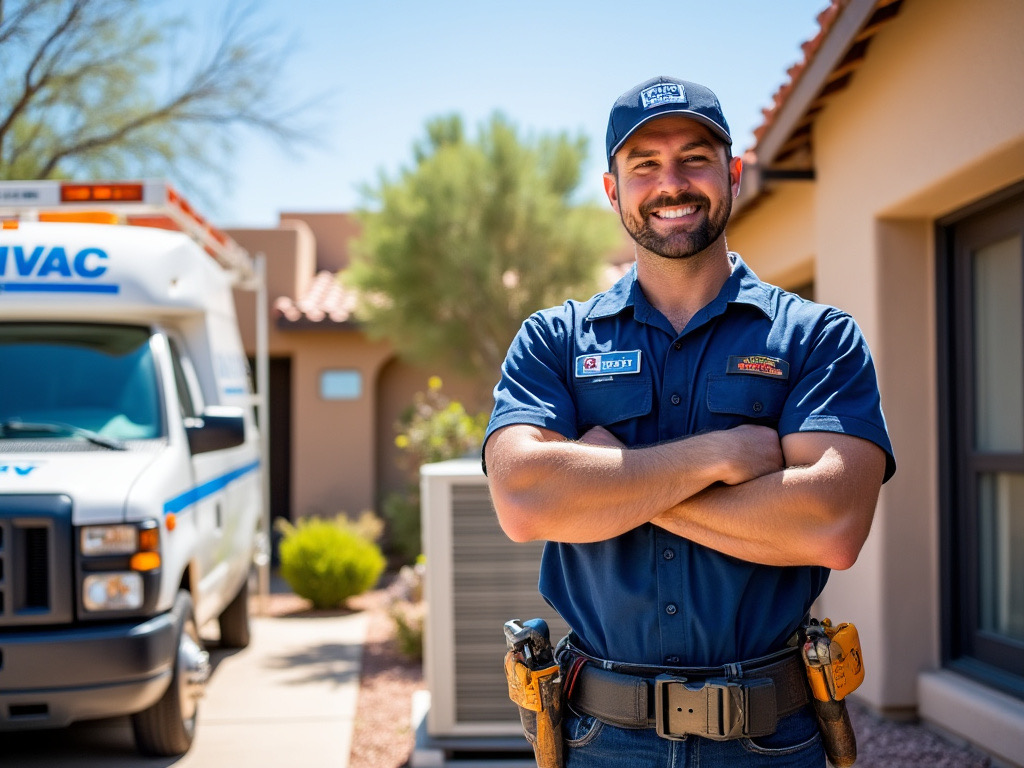
Size and Scale of Systems
The size and scale of commercial HVAC systems play a significant role in determining overall costs. Larger systems designed to accommodate expansive spaces require more materials and technologies, leading to higher initial expenses. Additional considerations such as ductwork and piping further contribute to the complexity. Each installation is unique, often necessitating customized solutions that can drive up prices.
The capacity needed for a particular space directly influences pricing. Systems must be adequately sized to ensure energy efficiency and optimal performance, which can involve extensive calculations and engineering. When investing in commercial HVAC services, companies often face the challenge of balancing upfront costs against long-term efficiency and durability. This careful consideration is essential for making informed financial decisions.
How Capacity Affects Pricing
The capacity of a commercial HVAC system plays a crucial role in determining its overall cost. Higher-capacity units are typically required for larger spaces or buildings with specific environmental needs. These systems must be engineered to handle greater loads, which often translates into more complex components and increased material costs. Consequently, when businesses seek commercial HVAC services, they encounter higher price points reflecting these necessary capabilities.
In addition to initial costs, efficiency ratings also impact pricing. Larger systems may boast advanced technology designed to optimize energy consumption. While these features can lead to significant long-term savings on operational expenses, they contribute to the upfront investment. As businesses assess their options through commercial HVAC services, understanding the relationship between capacity and cost becomes essential for making informed decisions.
Brand Reputation and Quality
When it comes to commercial HVAC systems, brand reputation plays a significant role in determining prices. Established companies often command higher prices due to their history of product reliability and customer satisfaction. A strong brand identity signals to buyers that they can expect consistent performance and support, which can be crucial for businesses relying on these systems for comfort and efficiency. The assurance of quality helps justify the initial investment, as businesses want to avoid potential costs associated with frequent repairs or inefficiencies.
Investing in reliable brands means customers are more likely to receive advanced technology and superior materials. Companies known for their commercial HVAC services often focus on innovation and energy efficiency, translating to lower operating costs over time. While the upfront expense may appear steep compared to lesser-known brands, the long-term benefits outweigh the initial financial commitment. Quality products typically result in reduced maintenance requirements and longer life spans, making the initial investment more palatable for business owners.
Investing in Reliability
Investing in reliability is crucial for any business that relies on efficient climate control. A well-functioning heating, ventilation, and air conditioning system is essential for maintaining comfort and productivity in commercial spaces. Choosing high-quality equipment and services can minimize the risk of system failures, which often lead to costly repairs and downtime. Companies look to reputable suppliers who offer robust warranties and dependable support, ensuring they receive the best value for their investment in commercial HVAC services.
The upfront costs associated with reliable systems may be higher, but the long-term benefits can offset these expenses. Reducing energy consumption through efficient technology not only lowers utility bills but also contributes to sustainability efforts. Business owners recognize that selecting superior components and experienced technicians significantly enhances the system's lifespan. With the right commercial HVAC services, organizations can achieve operational continuity and peace of mind, making reliability a wise investment for their future.
Labor Costs in Installation
The installation of commercial HVAC systems involves significant labor costs, which can greatly influence the overall expense of the project. Skilled technicians are required to ensure that the system operates efficiently and meets all necessary building codes. The complexity of these systems often necessitates specialized training, and technicians with this expertise command higher wages. Moreover, the duration of the installation process can vary due to the size of the system and the specifics of the building layout, leading to increased labor charges.
In addition to the upfront costs, the quality of labor also plays a crucial role in the long-term performance of HVAC systems. Poor installation can result in frequent repairs and inefficiencies, ultimately driving up operational costs. Commercial HVAC services recognized for their high standards typically attract experienced professionals, which contributes to higher initial costs but can save money in the long run. Investing in quality installation ensures that systems run optimally, reducing the likelihood of costly breakdowns.
Skilled Technicians and Their Impact
Skilled technicians play a pivotal role in the installation and maintenance of commercial HVAC systems. Their expertise ensures that complex systems function efficiently and meet specific cooling and heating demands. Many commercial properties rely on these services to maintain a comfortable environment for employees and customers alike. A poorly installed system can lead to inefficiencies, increased energy costs, and costly repairs down the line. Thus, the investment in professional labor is essential for long-term performance.
The demand for qualified technicians in the commercial HVAC industry affects overall pricing as well. Training and certification take time and resources, which are reflected in labor charges. Companies need to ensure their technicians are well-versed in the latest technologies and regulatory standards. This level of expertise not only guarantees operational efficiency but also enhances the durability of equipment. In turn, businesses seeking reliable commercial HVAC services must account for these labor costs in their budgeting process.
FAQS
Why is the size of a commercial HVAC system important for pricing?
The size of a commercial HVAC system directly impacts its pricing because larger systems typically require more materials, components, and energy to operate. The capacity needed to effectively heat or cool a space also adds to the overall cost.
How does brand reputation influence the cost of HVAC systems?
Brand reputation can significantly influence HVAC system costs, as established brands often charge a premium for their products due to perceived quality, reliability, and customer service. Investing in a reputable brand can lead to long-term savings through durability and efficiency.
What factors contribute to the high labor costs associated with HVAC installation?
Labor costs for HVAC installation are high due to the need for skilled technicians who possess specialized knowledge and training. The complexity of the installation process, including the integration of various components and ensuring compliance with local codes, also adds to these costs.
Can investing in a more expensive HVAC system save money in the long run?
Yes, investing in a more expensive HVAC system can often lead to long-term savings through improved energy efficiency, lower maintenance costs, and greater reliability. These factors can reduce operational costs and extend the lifespan of the system.
What is the impact of skilled technicians on the overall cost of HVAC installation?
Skilled technicians impact the overall cost of HVAC installation because their expertise ensures that the system is installed correctly and functions efficiently. While higher wages for skilled labor may increase initial costs, the quality of work can prevent future issues and costly repairs.
